
Have you ever heard of shochu? Stephen Lyman, PhD, has. In fact, he's considered a shochu obsessive.
Ed Rabinowitz is a freelance writer for Medical Economics.

Have you ever heard of shochu? Stephen Lyman, PhD, has. In fact, he's considered a shochu obsessive.

If you want to know why many physicians frown or even scowl when they hear the words "electronic medical record," you need look no further than the results of a recent survey conducted by the Physician's Alliance of America.
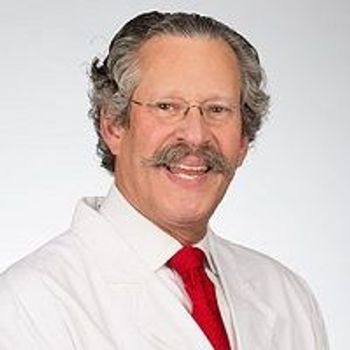
When it comes to practicing medicine, Bruce Zablow, MD, says he's an outlier; much more Hawkeye Pierce from M.A.S.H. than Marcus Welby.

How important is health IT as a care coordination tool? Increasingly, the answer is "critical."

The adoption of mobile healthcare technology continues to gain steam-at least as far as consumers are concerned. And yet, physicians-often seen as the key driver for patient mobile health adoption-are not mirroring the acceptance registered by consumers.
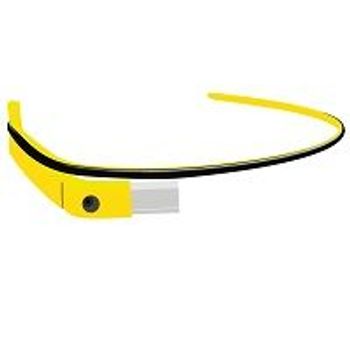
Smart-glass technology, such as Google Glass, may not have taken off in the consumer market yet. But a tech company is making inroads leveraging the technology in physicians' offices.
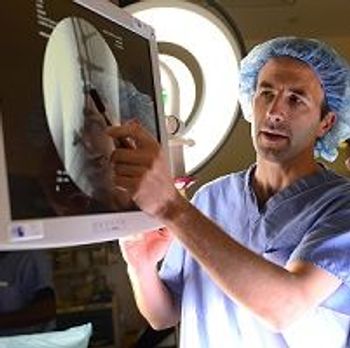
Charles Edwards II, MD, had every intention of entering into a traditional medical practice when he completed his residency and fellowship. He really did.

Everywhere you look consolidations, mergers, and acquisitions dot the healthcare landscape. So it's not surprising that the results of a recent survey found that 44% of independent specialists anticipate selling their practices within the next 10 years.
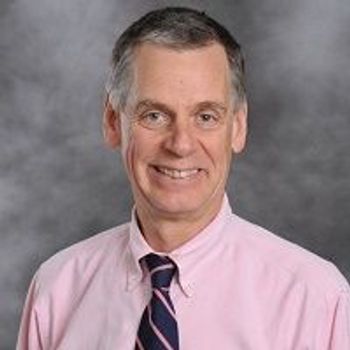
Erik Larsen, MD, has no memory of the labor meeting he attended 39 years ago while working at an Ohio factory following college. That's because Larsen was severely beaten when the meeting turned into a brawl. However, the event changed the trajectory of his career.
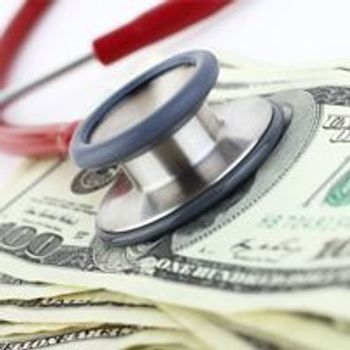
Physicians are increasingly being held responsible for costs of care in addition to quality care. The shift will change the way physicians do their work.

A new survey shows private practices are lagging behind hospitals when it comes to ICD-10 testing. But with just a few weeks until the new regime, laggards risk major problems.

The rising cost of prescription drugs has forced physicians to re-think how they prescribe high-cost medications. However, it also provides an opportunity for meaningful discussions with patients about the pros and cons of treatment avenues.
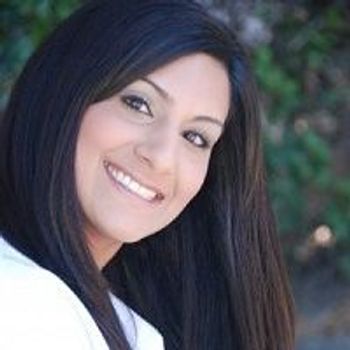
A pediatrician's dissatisfaction with standard order scrubs led her to become a fashion entrepreneur.

For most workers, being sick means staying home. However, physicians face a much more complex decision. Staying home might protect patients, but it could have unintended negative consequences for other patients.

A North Carolina healthcare system uses an Intensive Care Unit "command center" to optimize ICU care at several of its hospitals. The telemedicine system is generating impressive data and efficiencies, but it comes with a significant price tag.
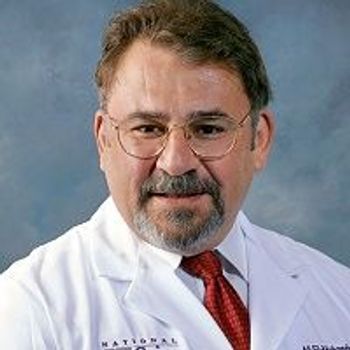
Ali El-Mohandes, MD, likes challenges. The pain management specialist with Maryland-based National Spine and Pain Centers says that once he becomes really proficient at something and his abilities are no longer being taxed, he needs to move on to something he's never done before.

Making staff development an every-day occurrence -- yes, every single day -- can have tremendous benefits without disrupting your schedule and workflow.
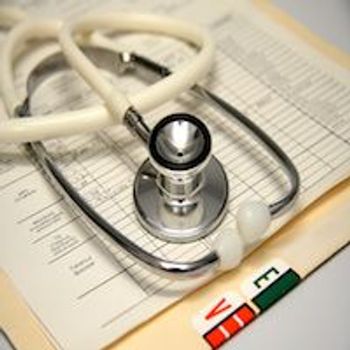
In today's technology age, we want information when we want it. Which often means right now. And from tablets and smart phones, to smart watches and health monitoring devices, having that availability of information readily at our fingertips has become the norm.
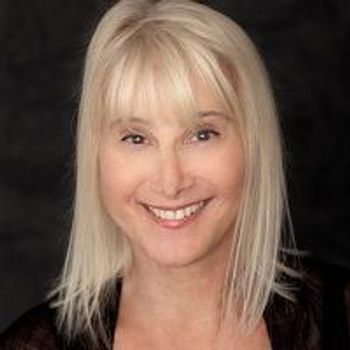
A New York City clinician admits she's not the type of person who can sit still. But it's a different story when she's around birds.

Any professional knows it's best to act as if you were being recorded any time you are on the clock. But as new devices make it easier to record conversations, some providers are taking a proactive approach, recording patient visits and making the video available to both doctor and patient.

A hospital-led innovation competition aims to engage both the external tech community and hospital staff in a collaborative effort to think outside the box.
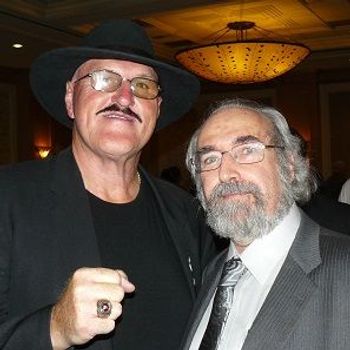
Despite having "zero talent" for sports, a California psychiatrist has spent much of his career working with athletes, including professional wrestlers. He says the physical trauma associated with sports is intricately connected to psychiatry.

A recent study found that patients were 35% less likely to incur a hospital stay if their family doctor was very comprehensive as opposed to minimally comprehensive. However, being "comprehensive" doesn't necessarily mean spending more time with patients.

Physicians train long and hard to learn how to treat patients' symptoms, but they often leave medical school without a firm grasp on how to speak to patients clearly and compassionately. That skill gap can have consequences, both clinical and financial.
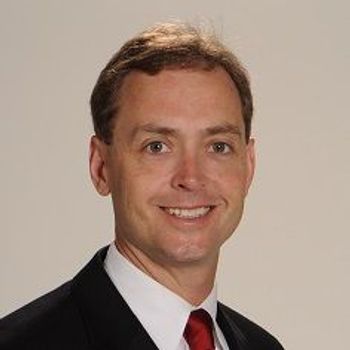
Many might believe being in the right place at the right time to be luck or mere coincidence. But Richard Guynes, MD, feels otherwise.

It's not unusual to find discrepancies between different online rating sites. That's why consumers are encouraged to check their credit scores with all 3 of the major agencies: TransUnion, Equifax, and Experian. The same holds true of hospital rating sites.

Consumers are demanding more and easier access to their health records. Providers who allow that access open themselves up to a range of issues, from patients self-diagnosing and self-treating, to hackers stealing a patient's health history and personal data.
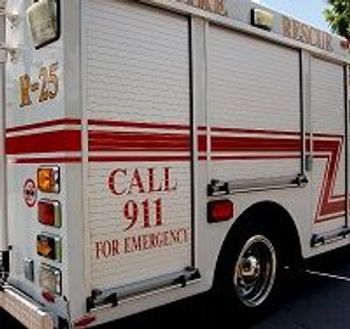
Misdiagnoses and readmissions are a major cost-driver in the US healthcare system. Now, experts are using technology in an effort to reduce those problems.
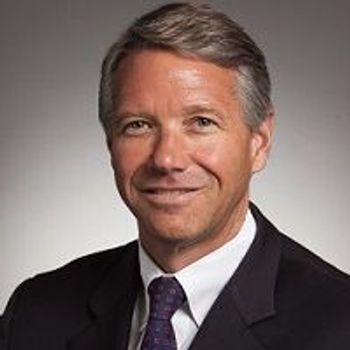
When Miles Varn was at teenager, his father took the family on a trip to Haiti, where the father performed volunteer dental work. The experience set Varn on a path to a career bridging the gap between patients and physicians.

A new online program aims to help address the nation's physician shortage and open the door to new opportunities for physicians who are currently retired, contemplating retirement, or slightly disabled.